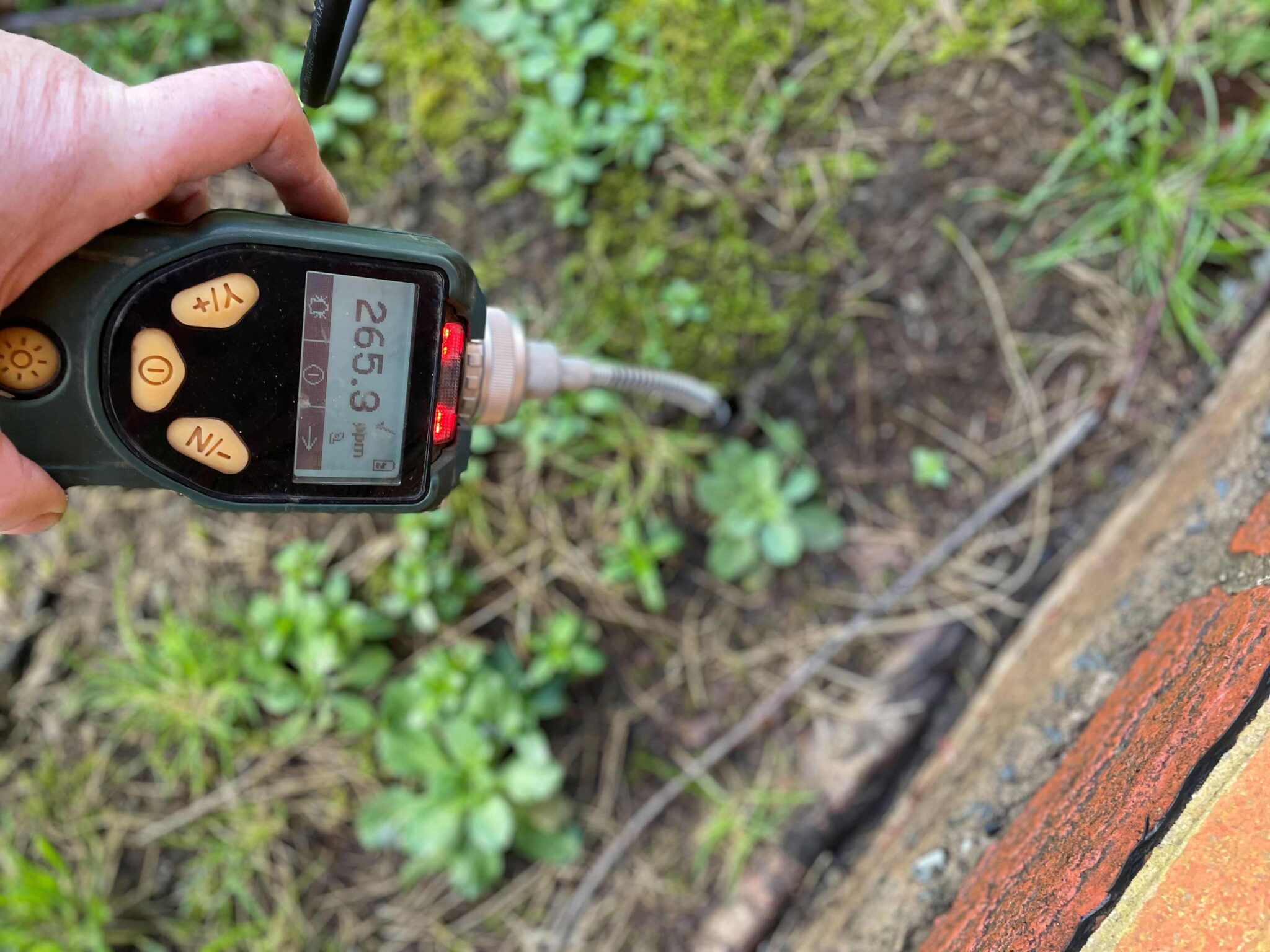Effective Strategies – Oil Spill Clean-up in Co Tyrone
Introduction:
Oil spills pose a significant threat to the environment, including Co Tyrone. In the event of a spill, immediate action is crucial to mitigate the damage and protect local ecosystems. This blog explores effective strategies for oil spill clean-up in Co Tyrone. By implementing these techniques, we can minimize the long-term impact on wildlife, vegetation, and water bodies, ultimately safeguarding the delicate balance of nature.
Understanding the Impact of Oil Spills:
Oil spills have devastating consequences on the environment. They contaminate water sources, coat plants and animals, and disrupt entire ecosystems. In Co Tyrone, where natural resources are abundant, the need to address oil spills promptly and effectively is paramount. Understanding the magnitude of the problem and its potential consequences is the first step in developing an effective clean-up plan.
Additionally Oil spills can impact soils, residential properties, agricultural land, public spaces, industrial buildings and public buildings. There is an obvious human health impact associated inhabiting a building impacted by an oil spill and it is important that the correct steps are taken to properly investigate and assess any oil spill. Only then can the appropriate actions be taken to manage the issue.
Emergency measures can take place concurrent with any investigative work and this will be an efficient use of time.
Preparedness and Response:
In Co Tyrone, being prepared for an oil spill is essential. Creating a comprehensive response plan is crucial to minimize the damage. Local authorities, environmental agencies, and industry stakeholders must collaborate to develop strategies that include early detection, containment, and rapid response measures. Training and equipping personnel with the necessary tools and expertise will ensure a swift and coordinated response when a spill occurs.
Even at your own home it is essential that you consider what you would do if the worst case scenario occurs.
- How would you stop a leak?
- How would you protect your drains?
- How would you protect your home?
- Where is the nearest watercourse that would be impacted?
- Who would you call for assisstance?
Mechanical Clean-up Techniques:
Mechanical clean-up techniques play a vital role in removing oil from affected areas. Booms and skimmers are commonly used to contain and recover spilled oil from the surface of water bodies. Additionally, sorbents, such as absorbent pads and booms, help soak up oil from sensitive areas. In Co Tyrone, the implementation of these mechanical clean-up techniques should be tailored to local environmental conditions and the nature of the spill.
In soil treatment techniques can be employed but these generally take a long time and there is the risk of further migration.
Bioremediation:
Bioremediation is an environmentally friendly approach to oil spill clean-up. It involves using naturally occurring microorganisms to break down and metabolize the oil. In Co Tyrone, promoting the growth of oil-eating bacteria and fungi can help accelerate the degradation process. Environmental experts should assess the feasibility of bioremediation in specific spill scenarios and implement appropriate techniques to enhance microbial activity.
Environmental Monitoring and Assessment:
Environmental monitoring is essential to ensure progress and accurate decision making.Monitoring and assessing the impact of oil spills in Co Tyrone is crucial for evaluating the effectiveness of clean-up efforts. Regular sampling and analysis of water, soil, and air quality help identify potential long-term effects and guide further remediation actions. Implementing robust monitoring protocols and involving scientific experts ensure accurate data collection, analysis, and reporting.
Conclusion :
Oil spills are a significant threat to Co Tyrone’s environment and require a comprehensive approach to minimize their impact. By combining preparedness and response plans, mechanical clean-up techniques, bioremediation, and thorough monitoring and assessment, we can protect the delicate ecosystems of Co Tyrone from long-lasting damage. Collaboration among local authorities, environmental agencies, and industry stakeholders is key to implementing these strategies effectively. By prioritizing environmental protection and investing in preventative measures, we can ensure a safer and more sustainable future for Co Tyrone’s natural resources. Together, let’s safeguard our environment for generations to come.

